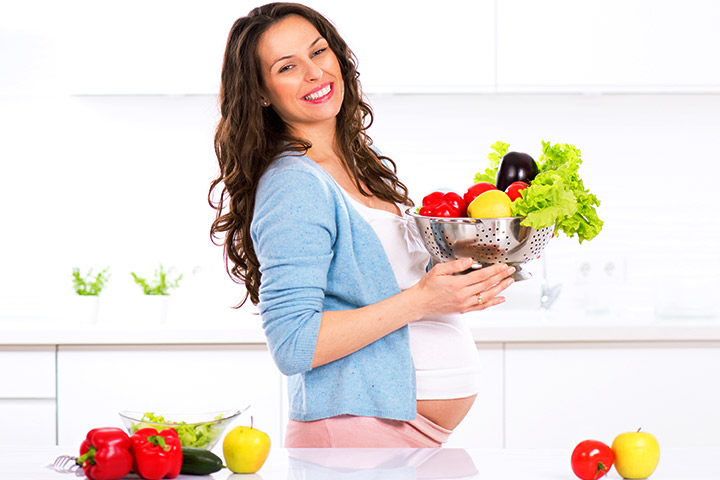
Should I eat more if I am expecting more than one baby? No, you don’t need to eat more. The healthy eating advice is the same, whether you’re expecting twins or more or one baby. Listen to your body. Eat when you feel hungry, and stop when you feel full. You’ll need more calories than a woman carrying just one baby. One rule of thumb is to add 300 calories a day for each of your babies. So if you’re carrying twins, you should add roughly 600 calories to your normal load, which would probably take you to about 2,800 calories a day. If you’re carrying triplets, you should aim for an extra 900 calories a day; that pushes your daily total to about 3,100 calories. You should plan to eat at least five times a day (three meals and two substantial snacks), even if you don’t feel especially hungry.
You should have a healthy and balanced diet with plenty of fresh fruits and vegetables and avoid pre-made, processed foods. This will help you to put on weight gradually while helping your babies to grow well because they’re getting the right nutrients.
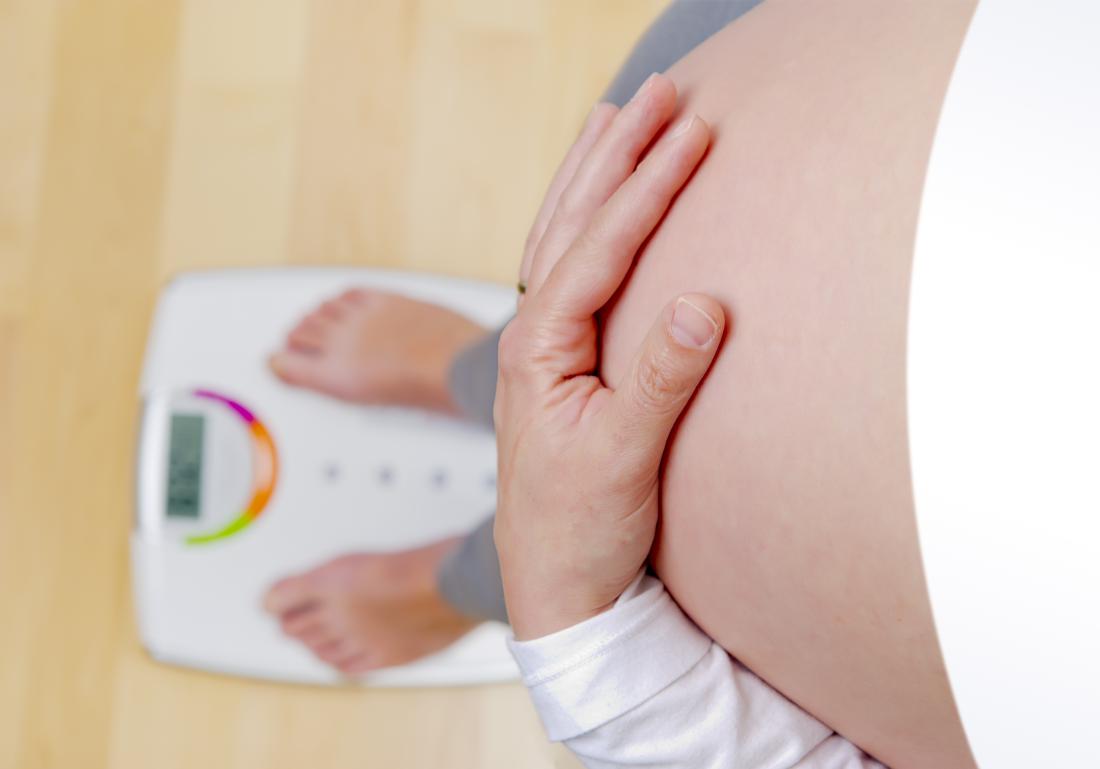
When you’re pregnant, counting pounds can be even more important than counting calories. It is important that you need to gain weight early in the pregnancy. This is because your babies are developing rapidly and you will still have some space to fill your stomach. In general, a woman should gain between 35 and 45 pounds if she is carrying twins. If a woman carries triplets, she should put on about 50 to 60 pounds. Check with your doctor to the right guidelines for weight gain during your pregnancy.
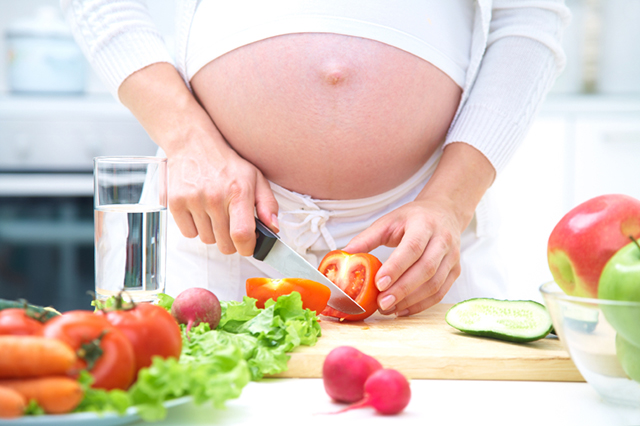
A balanced diet is very important during pregnancy. It should include a mix of the four main food groups:
You need iodine in your diet to help your baby’s development. Dairy products and safe-to-eat sea fish, such as cod or haddock, are good sources of iodine.
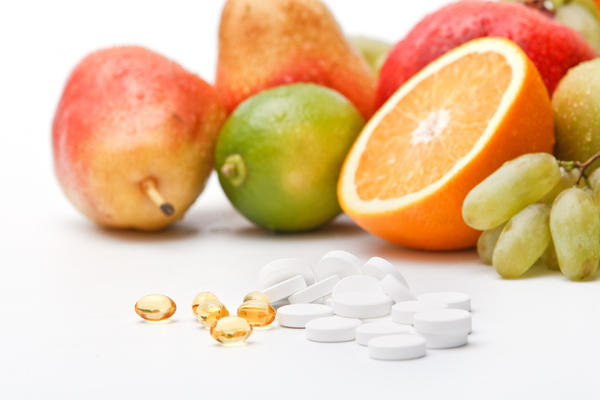
You should include minimum 400 micrograms (mcg) of folic acid daily for the first 12 weeks of your pregnancy whatever be the number of babies you are carrying. You should also take a supplement containing 10mcg of vitamin D during the whole of your pregnancy. You’ll need to keep taking vitamin D if you choose to breastfeed too. If you have vitamin D deficiency, then it is particularly important that you should take vitamin D supplements. Not all pregnancy supplements contain omega-3. If you don’t eat oily fish, then you could take an omega-3 fish oil supplement that’s suitable for pregnancy. Prenatal vitamins are important, but you don’t need a special “twins and triplets” formula. A standard prenatal supplement is just enough to even if you are carrying multiple babies.
Women carrying more than one baby are at a higher risk for iron-deficiency anaemia during pregnancy. Your practitioner will monitor the level of iron in your blood to make sure you’re getting enough. If you’re not, your doctor may recommend additional iron supplements. However, remember that high doses of iron can lead to constipation and nausea. So stick to what your doctor prescribes.

It’s difficult to say exactly how many calories you would need because every pregnant women’s needs are different. It is better to stop counting calories and eat whenever you feel hungry. Be sure to stop when you feel full.
Try to stick to fresh, healthy foods. Opt for wholegrain varieties of carbohydrates such as whole-wheat or pasta, brown bread and rice. You will feel fuller for longer with these foods than from any fatty and sugary treat.
This may mean swapping some of your daily meals for healthier alternatives. Try to swap a packet of crisps for a handful of unsalted nuts or a bowl of fruits, or a sweet biscuit for an oatcake, or ice cream for a banana.
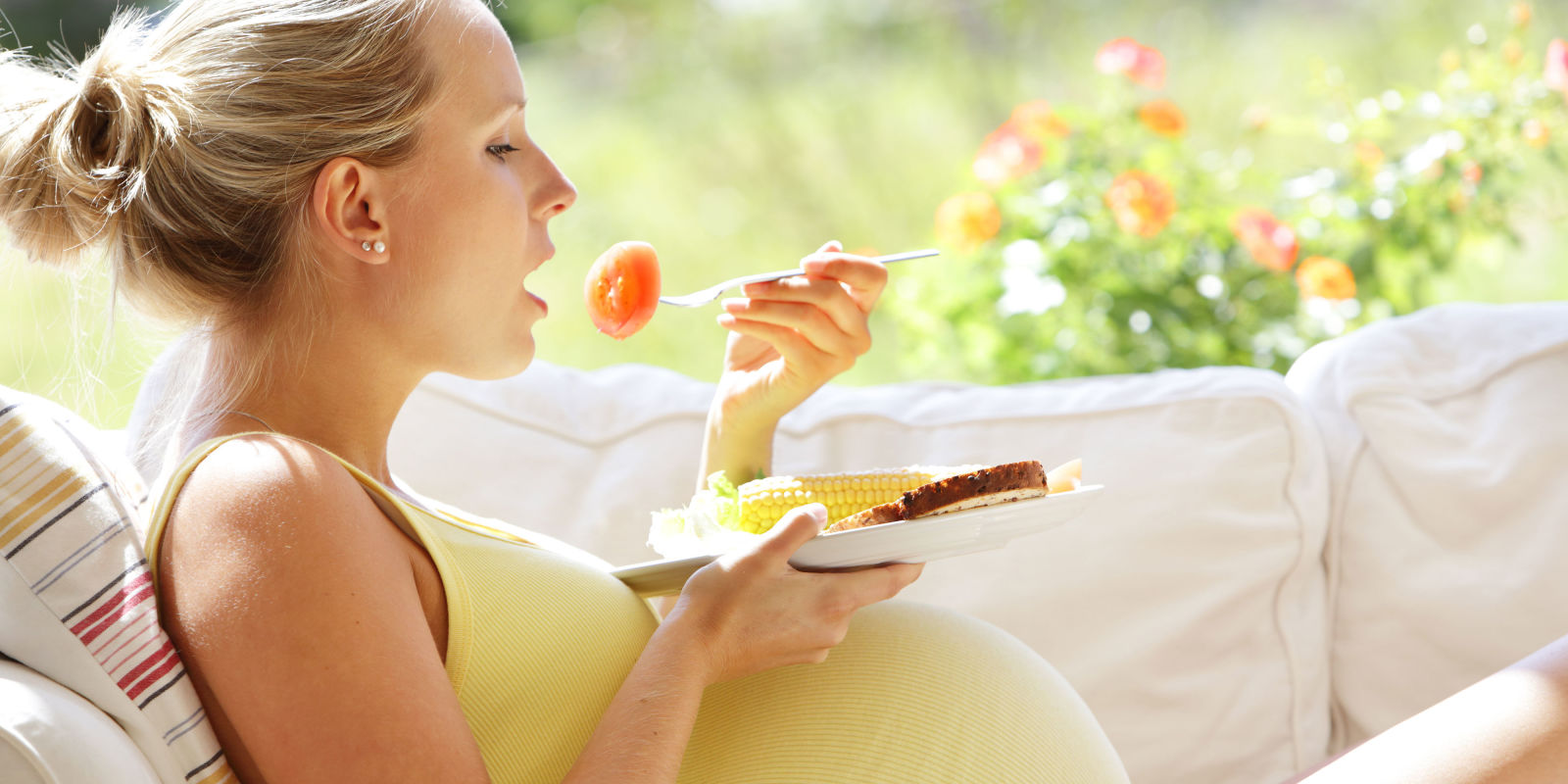
Because you’re carrying two babies, you’re likely to put on more weight than if you were expecting one. That’s fine, but there’s certainly no need to eat for three. Be careful not to put on too much weight, though, because you may feel increasingly uncomfortable as your babies grow. Also, it may also expose you and your babies to other health risks, such as gestational diabetes. Women pregnant with multiple babies are more prone to gestational diabetes.
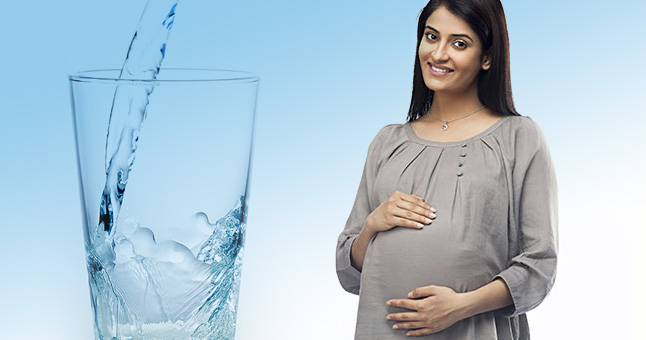
Even if you’re the type of person who never goes anywhere without a water bottle, you’ll need to start drinking more water now that you’re carrying multiples. It’s particularly important to guard against dehydration in the second half of pregnancy, as it can raise your risk of premature labour and early delivery. Some experts recommend drinking up to a gallon of water; that’s 16 8-ounce glasses each day. You can get some of your fluids from milk and juice, but water should be your go-to beverage.
It is the most powerful creation to have life growing inside of you.There is no bigger gift